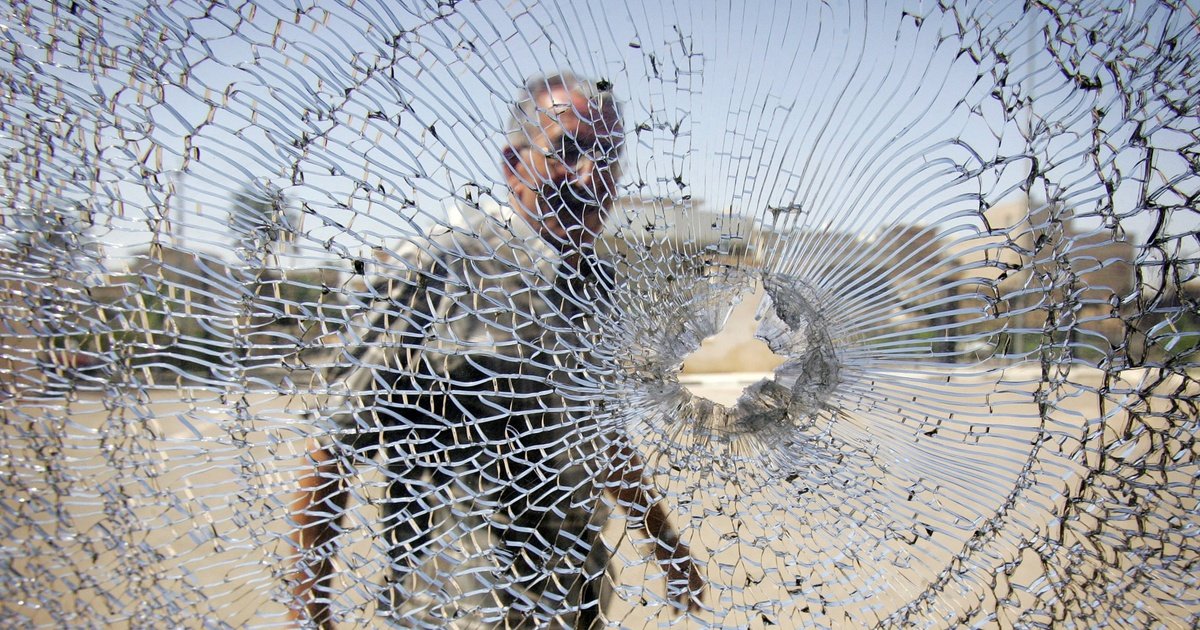The obvious one right now is Muslims vs Jews, which is a major one right now with the war in Israel. But there are a variety of other forms of tribalism. I’m trying to get a better grasp on what all infighting exists in the region. Of course some will say its not Muslim vs Jew, its Arab nation vs Israel. But are the two different or just different expressions of the same form of tribalism?
There is the obvious Sunni vs Shia. My understanding is that when Islam first existed the Arabs were Sunni and treated non-Arabs poorly. So Iran, which is Persian, became Shia to escape the persecution and now Iran is the backbone of Shia islam. Is that the case across the greater middle east, where Shia muslims tend to be racial and ethnic minorities?
Despite the dislike of Israel, its my understanding that the Arab Sunni nations like Jordan and Saudi Arabia are in an unofficial alliance with Israel to restrain Persian, Shia Iran.
I talked to someone from Saudi Arabia who said that it was a common insult there to call people Indian or Hindu. Is that a common form of tribalism, Islam vs Hindu, or Arab vs Indian? Here in the US, we don’t really talk about Hinduism. Is that a form of tribalism that exists in the greater middle east?
When Bin Laden was living in Afghanistan I read a biography that said he faced mistreatment for being Arab. I guess the Pashtuns do not like Arabs.
Hamas is a Sunni Islamist movement. But groups like Al Qaeda and ISIS hate them because they feel Hamas is too moderate. So the more extremist Sunni Islamist movements hate the more moderate extremist Sunni Islamist movements.
Is the anti-western attitude based on race, religion, power, or a combination?
Then you have the anti-kurd attitudes. What exactly is that based on though? Why do so many different groups seem to dislike the Kurds?
Then you have things like misogyny, homophobia. Secularists vs hardliners. People fighting over power. ie, things that happen everywhere.

